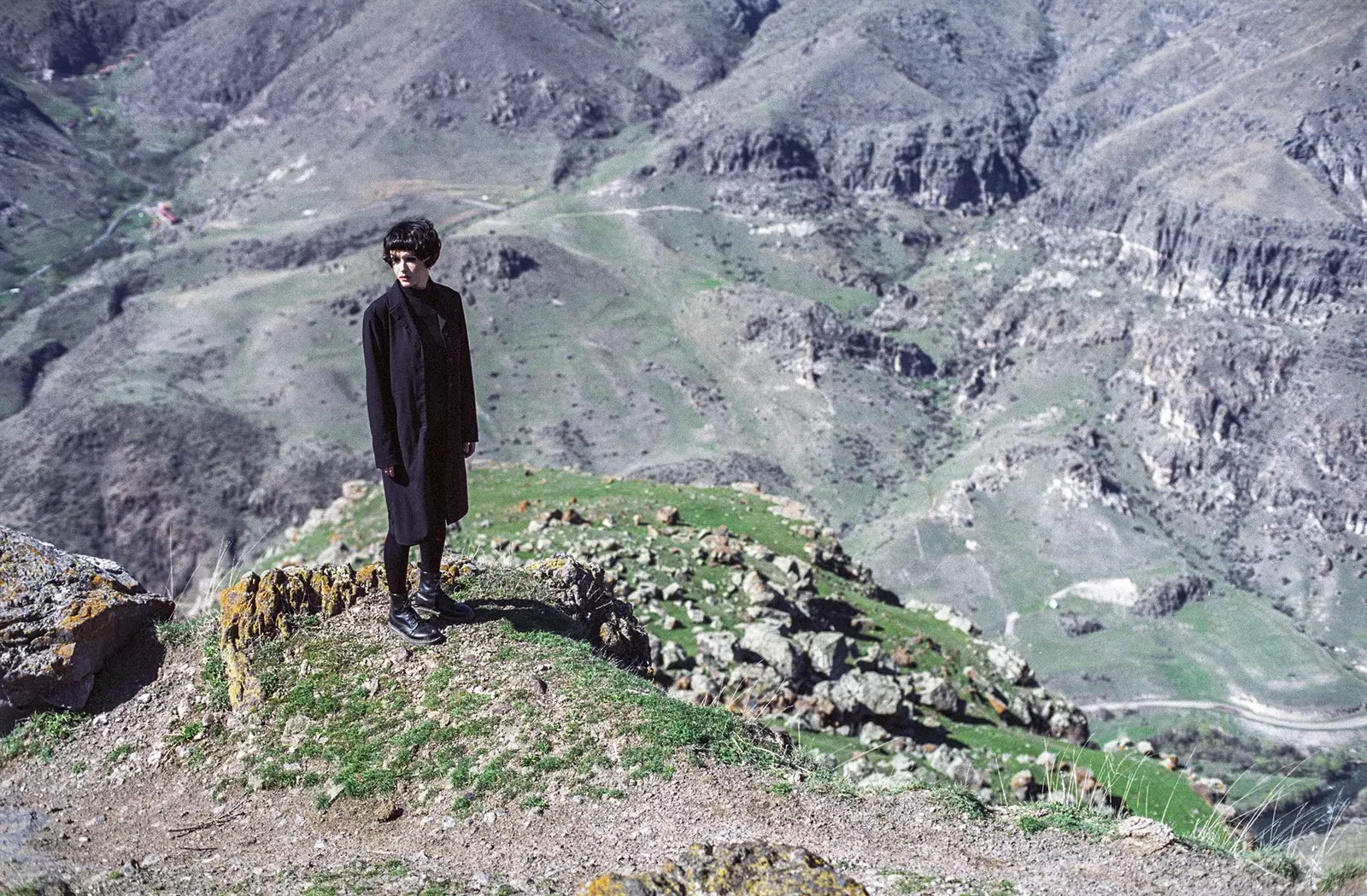
Yes, there are people who hate traveling and will never read this article
precisely for that draws our attention so much people who don't seem to show no interest in leaving your country , or even your city.
We look at them with the same face of astonishment and curiosity with which we would look at an alien who just got off the ship while we're dying to cut their heads in half and take a close look at their brains to unravel the mystery.
However, like all that peeling skulls is in the end a bit laborious (and puts everything lost), we have decided to go the other way and talk to a subject matter expert.
Our pick is Maximilian Korstanje , Doctor in the Department of Economic Sciences of the University of Palermo (Argentina) and in the CERS (Centre for Ethnicity and Racism Studies) of the University of Leeds (United Kingdom), a gentleman who **has published a lot of super articles interesting about the anthropology of tourism **.
He will be the one to shed light on a subject as jaw-dropping as this without need to scalpel.
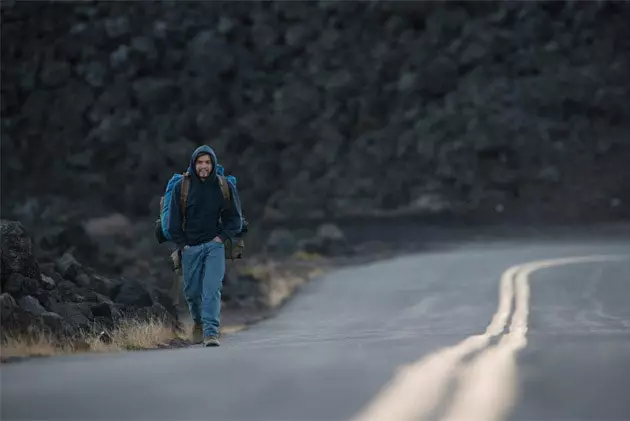
You don't have to be Supertramp; It is enough for us that you like more or less long excursions
But let's start at the beginning: what determines the taste for traveling ? "In man coexist two trend s," explains Korstanje.
"The nativist, who value everything known , sameness, regularity and standardization -because all of that together gives us security-, and the touristic look for the new with the purpose of break the routine . they both leave alternating in life of a person. When the tourist tendency is stronger than the nativist, the subject decides to travel . The opposite also is true; this tourist decides to return when the nativist trend takes control again of his behavior ", he concludes.
If this works like this, we must have the tourist trend through the roof ! But what else differentiates us from those who do not worship hit the road ?
"As a general rule, they are traditionalists, very territorial , whose practices are routine. What prevails is the ritual which compensates for inner fears of abandonment , or in the case of travel, to the death ". Here we see again that the travel-death binomial goes hand in hand. But, if you think about it, it makes sense: Isn't travel the death, for a time, of "normal" life?
Korstanje agrees: "Traveling is not just about learning about new customs, or temporarily get rid of daily rules , but go into The unknown. If the home represents comfort and safety , that is, the known, the journey ( like death ) implies a temporary break not only with that safe home, but also with family ties.
"For that reason, everyone we feel a tingle when we go on vacation , but some they can control it putting the Benefits of the trip while others cannot. The latter are people who, due to various circumstances, are unable to travel ", he continues.
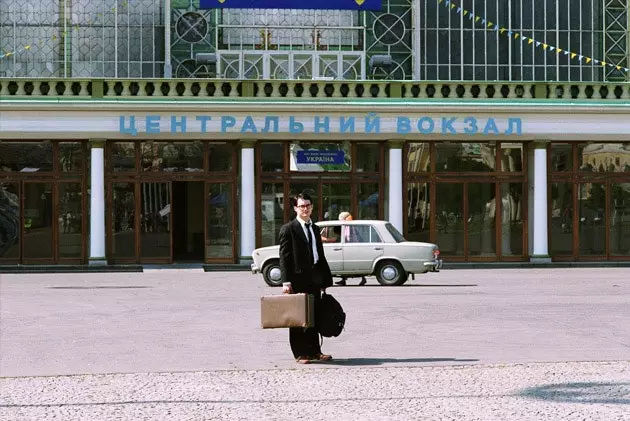
In 'Everything is illuminated' it is precisely a death that triggers the journey
However, our expert digs a little deeper into the notion of death : "It is very common to observe that people who have suffered the death of a family member close come impaired his psychic exploration system and take refuge at home. If traveling implies a break with everyday life, people with low self-esteem or insecurities internal ones that close the other have trouble doing it . It is no less true that the mass media influence negatively, with the bad news (terrorism, natural disasters), in the decision to travel".
In this regard, the Doctor points out:
"After 9/11, the cases of agoraphobia (an obsessive fear of open or exposed spaces that can constitute an illness) tripled . Furthermore, people who they had not been afraid of flying never before, they began to Discard this way of moving. The news about terrorism, in which means of transport are used as weapons, go in detriment of the passion for traveling" , he assures him.
In fact, this very week we were able to see it first-hand, when we woke up to the news that, Due to the terrible attacks in Paris, a lower tourist influx to France has already been foreseen.
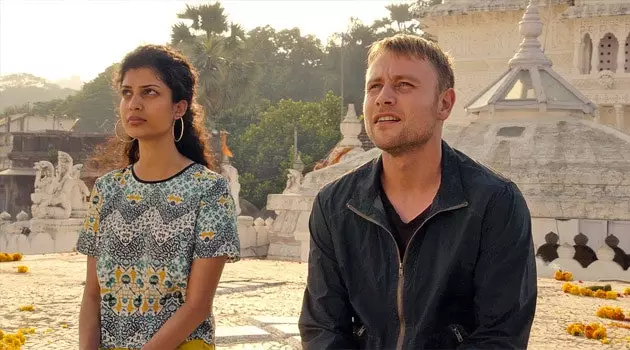
In 'Sense 8', fear does not prevent the protagonists from traveling (although in a very particular way...)
"Deep down", -summarizes Korstanje- "Travel involves risk, which can't control beforehand. The inability to travel implies a limitation to accept that I cannot control everything . In those people in whom control over others and the environment is total, traveling implies a big challenge sometimes, they can't face.
Interestingly, speaking of travel risk, our scholar gives us a amazing clarification : "For that reason All-inclusive packages have sprung up. These, like the travel agent, are associated with reduce the risk felt by the traveler before reaching his destination. Those people who have a low tolerance for uncertainty , or who tend to control everything are reluctant to travel , and at the same time, they also tend to have trouble sleeping Tourism, in some way, would function as a true dream mechanism, very similar to sleep ".
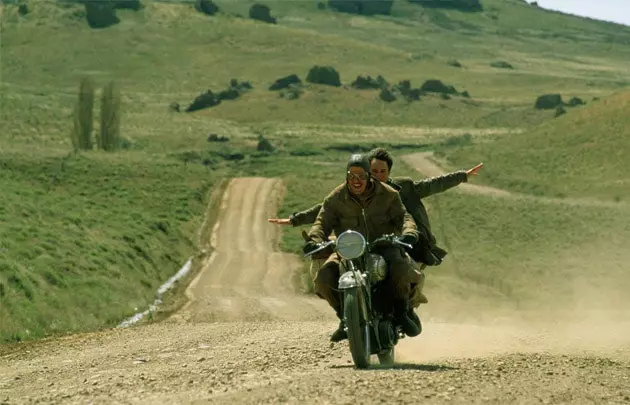
Roadtrips, trips for people with a high tolerance for the unpredictable
So the whole thing is merely psychological? Shouldn't we believe the typical "excuse" of "it's just that I do not have money to travel "?
We asked this author: "In hindsight, there are exogenous and endogenous factors that explain why people do not want to travel. Among the exogenous factors, there are economic factors, which transportation costs rise. There are many people today who to go on vacation, they must go into debt. If our grandparents took vacations as pay for a year of hard work, today has invested the logic: we work all year to pay the credit asked the bank in order to travel to the dream destination".
Okay, actually that reason is powerful, although there is a large number of trips that require a tiny expense.
And, really, why fool ourselves, for us ** going to the next town is already traveling :** what counts is the spirit! Can't we get everyone as excited as we are about get out of the usual environment ?
"There are some scholars who are decreeing the end of tourism due to the increased risks associated with travel . Nevertheless, traveling is a human act that takes on different forms throughout a person's life. In addition, there are various ways to travel: there are people who always return to the same destination, while others search new experiences all the time," Korstanje begins to reply.
And he continues: "It is necessary to distinguish between the people who, due to their socialization, do not see something extraordinary in the trip or pleasant, and among those who want to travel, but feel extreme fear in doing so. In the case of agoraphobes, The most advisable thing is a therapy with a specialist . The removal process is slow, but after a time of treatment, the person can make short trips in the year. Unfortunately, the common imagination gives us the idea that a lot of people travel and does tourism, but if we cross those numbers with those who can't do it, we will understand the phenomenon of travel in its entirety" , concludes the Doctor.
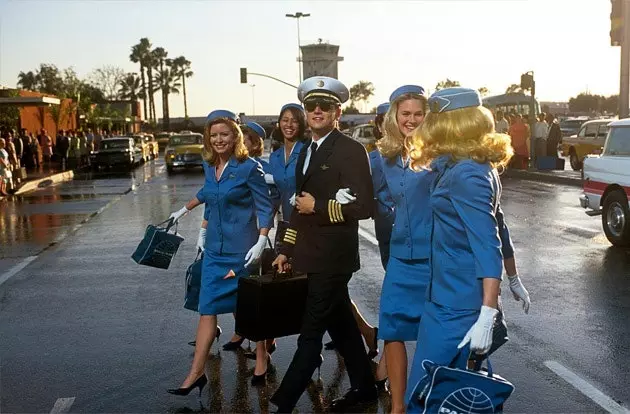
Making yourself pass as a pilot, a very cheap way -although perhaps somewhat risky- to travel
*Report originally published on November 23, 2015 and updated on October 2, 2018
